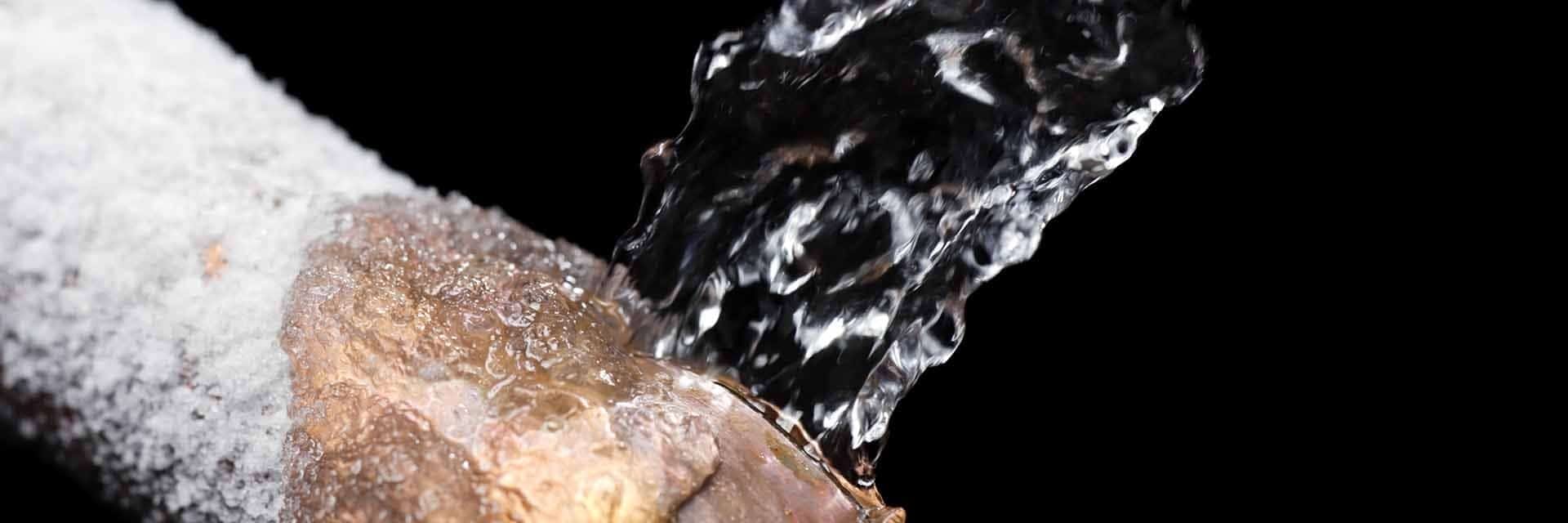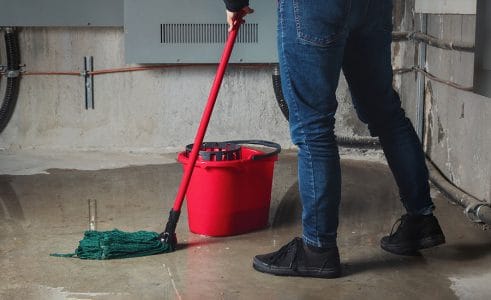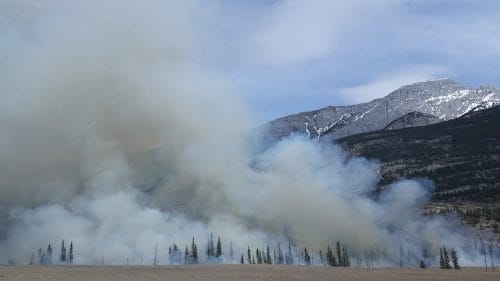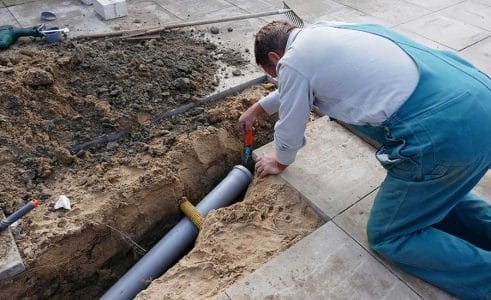What Should You Do If Your Pipes Freeze?

As temperatures drop, the risk of pipes freezing increases. Frozen pipes are likely to burst, leading to severe water damage in homes and businesses.
Pipes in unheated or uninsulated areas like attics, basements, and garages are most vulnerable to freezing. However, if temperatures fall low enough and remain there, all pipes can freeze.
To limit your exposure to burst pipes and any subsequent damage, you’ll need to know why pipes freeze, what you can do to prevent them from freezing, and the steps you should take if your pipes freeze.
It’s also important to know the best course of action for dealing with a burst pipe or if your property suffers water damage because of one.
Why Do Pipes Freeze?
It might seem clear that pipes freeze when temperatures drop below freezing, but it’s more complex than that.
Water freezes at 32°F, but pipes usually don’t freeze unless the temperature dips to 20°F or lower. As mentioned earlier, pipes in unheated or uninsulated areas are the first to freeze.
Several factors determine whether pipes will freeze, including:
- Exterior temperature: Exterior temperature is the primary factor in whether pipes freeze. Pipes won’t freeze if it isn’t cold outside. Therefore, as temperatures start to drop, you should consider how to protect your pipes from freezing.
- Inadequate insulation: While most modern homes, especially in colder climates, have insulated pipes, many older homes and those in warmer areas may not. Pipes in these homes are more likely to freeze. In addition, insulation around pipes can degrade over time, leaving previously protected pipes vulnerable.
- Location in the property: The pipes most likely to freeze are those most exposed to the elements, such as those in unfinished attics, basements, or garages, are at the highest risk of freezing. Drafty areas increase the risk due to wind chill, and pipes in exterior walls close to the cold are often the first to freeze.
How to Prevent Pipes from Freezing
While you can’t control the temperature outside, here are some proven prevention strategies you can take to help keep your pipes from freezing.
- Insulate the pipes: Add insulation to exposed pipes to prevent them from freezing when temperatures drop.
- Insulate unheated areas: Insulating the unheated parts of your property can help prevent your pipes in those areas from freezing during winter.
- Seal cracks in exterior walls: Seal any cracks that allow cold air in to reduce the risk of your pipes freezing.
- Make sure your property is warm: Keep your home well-heated during cold months to reduce the chance of pipes freezing. Even when you’re away, ensure the temperature never falls below 55 degrees Fahrenheit.
- Open under-sink cabinets: Open the cabinets under sinks to let warm air circulate around the pipes, helping to prevent freezing.
- Drip your faucets: If you expect cold weather and you’re concerned about freezing pipes, allow your faucets to drip slightly, as moving water is less likely to freeze.
Do Frozen Pipes Always Burst?
While frozen pipes often burst because the water inside expands as it freezes, they don’t always burst. However, the risk of bursting remains when pipes freeze.
Ultimately, if you discover any frozen pipes in your property, it’s paramount to address the issue immediately.
Will Frozen Pipes Thaw on Their Own?
Yes, frozen pipes will eventually thaw on their own as temperatures rise. However, because frozen pipes risk bursting, it’s best not to wait for them to thaw naturally.
To quickly thaw frozen pipes and minimize water damage, take the following steps if you suspect your pipes are frozen:
- Turn off your water supply: When a pipe freezes, it’s crucial to shut off the main water supply for the property. If the frozen pipe bursts, the leak may not be noticeable until the water inside it thaws. Turning off the water supply is essential to limit water damage.
- Locate the frozen pipe: Check areas like the attic, basement, and garage, or trace the path from faucets that aren’t delivering water. Frozen pipes may show frost on their surfaces.
- Open any faucets connected to the frozen pipe: Open any faucets connected to the frozen pipe to relieve pressure and prevent bursting.
- Inspect the pipe: Since burst pipes won’t leak until they thaw, inspect them for any bursts or cracks while they are still frozen. If you find any damage, call a plumber immediately.
- Manually warm the pipe: If you can reach the frozen pipe, try to warm it by adding insulation or using a space heater nearby. Never use an open flame to heat the pipe.
What Should You Do if Your Pipe Bursts?
Failure to turn off the water supply if a pipe bursts can result in significant water damage to both the property and its contents, leading to expensive repairs.
In addition, this can lead to mold growth, which creates further issues. It’s important to address any flooding or water buildup immediately.
If you’re dealing with damage from a burst pipe, BELFOR provides professional water extraction and drying solutions and water damage restoration services.
Managing a burst pipe and its aftermath can be challenging. Contact BELFOR professionals immediately to mitigate water damage to your property.
.jpg)


